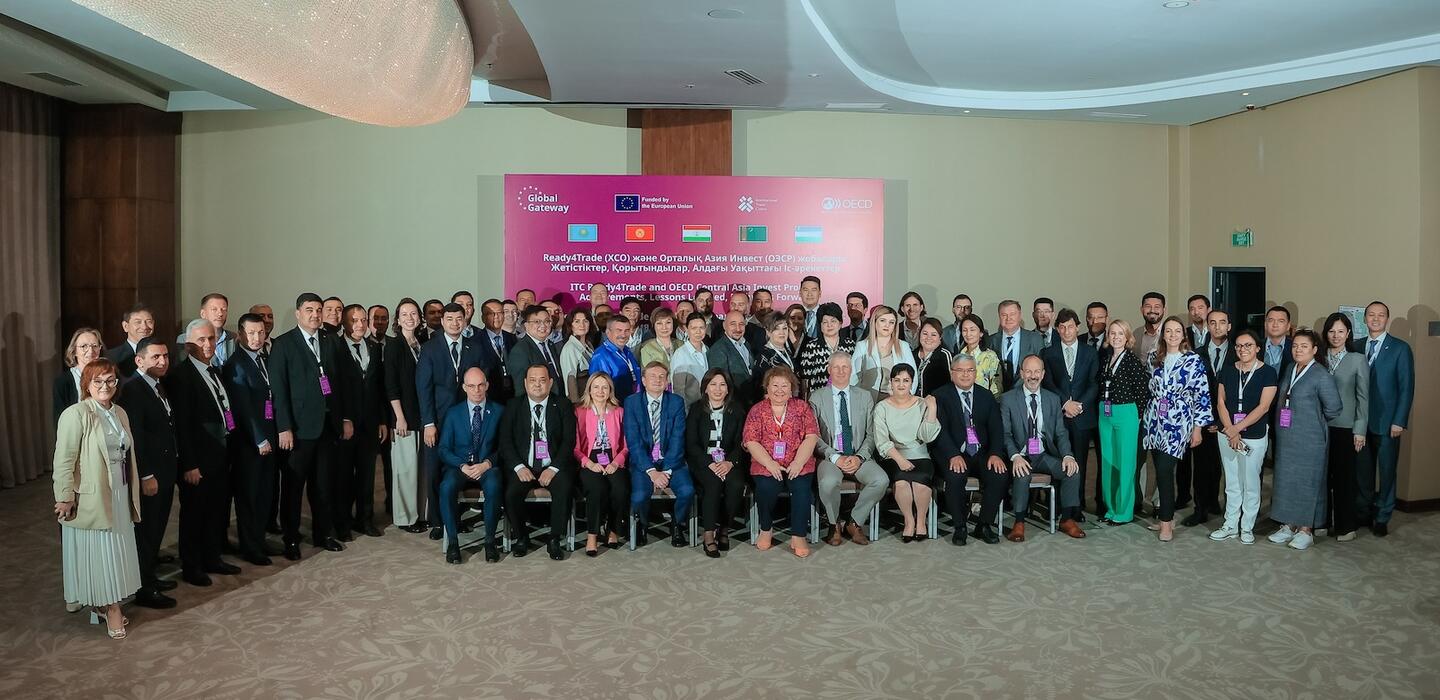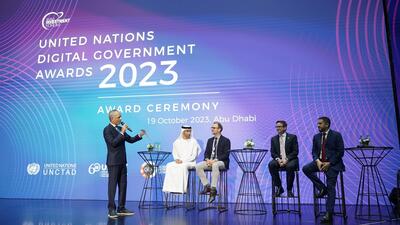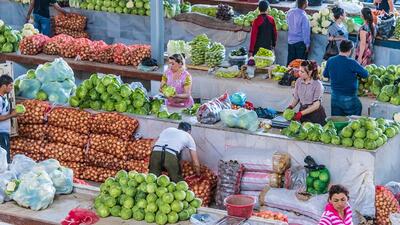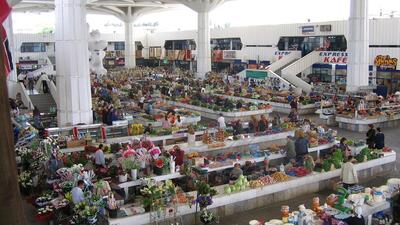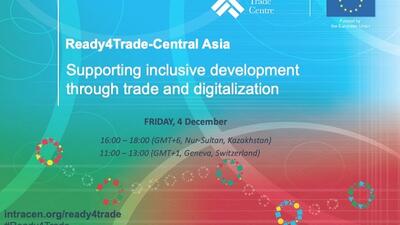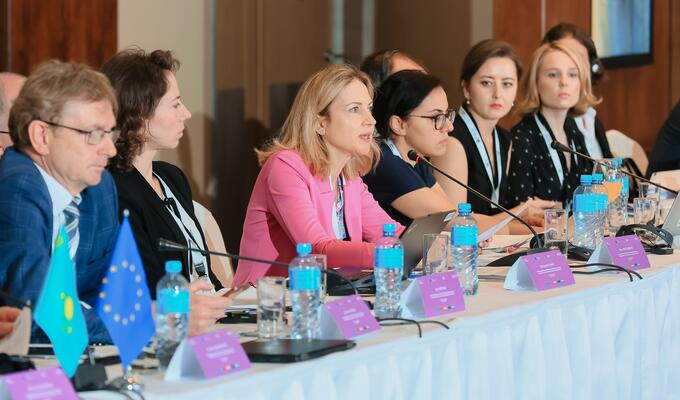
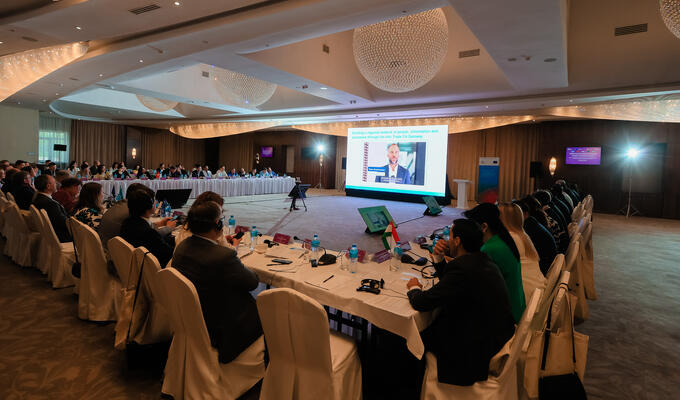
EU and Central Asia deepen trade and economic ties
EU Global Gateway ITC and OECD projects showcase achievements and future pathways
A high-level event marked the achievements of two regional projects in Central Asia funded by the European Union: ITC Ready4Trade Central Asia and the OECD Policy Component of the EU Central Asia Invest Programme.
These initiatives have supported Central Asian countries' efforts to advance trade reforms, enhance competitiveness, foster connectivity and strengthen regional cooperation.
The event brought together policymakers and key stakeholders from the private and public sectors in Central Asia, as well as representatives of the European Union, the International Trade Centre (ITC), and the Organisation for Economic Co-operation and Development (OECD).
The high-level event began with opening remarks from Kestutis Jankauskas, Ambassador of the European Union to Kazakhstan: 'The European Union has long been supporting the governments of Central Asian countries in their business environment and trade and transport connectivity reform efforts together with international partners, including ITC and the OECD. Going forward, we will endeavour to develop the potential of the Trans-Caspian Transport Corridor together with our Central Asian partners to make it a competitive, multimodal and sustainable corridor that can bring Central Asia and Europe closer together. We look forward to the new EU-funded Prosperity Programme to be implemented by ITC and the OECD to support the implementation of this goal.'
Zhanel Kushukova, Vice-Minister of Trade and Integration of the Republic of Kazakhstan: 'We are grateful for the OECD's and ITC's support for Central Asia's improved trade and transport connectivity. We look forward to further working with them on making the region more connected and competitive.'
The ITC Ready4Trade Central Asia project has made significant progress in enhancing intra-regional and international trade across five Central Asian countries. Collaborating closely with the governments, the project addressed obstacles to cross-border trade by simplifying and digitalising trade procedures, making them more transparent, less costly, and less time-consuming. Recognising the need to support small and medium-sized enterprises (SMEs), the project established national SME Trade Academies and provided tailored on-the-job coaching, so small businesses can better participate in the global market.
The OECD has supported reforms in areas such as private sector development, internationalization, digitalization, trade and transport connectivity, and resilience to shocks.
The OECD has built on its core strengths
- high-level policy dialogue to enhance EU-OECD-Central Asia economic co-operation, share best practices, and seek further reform commitment
- country-level workshops to foster public-private dialogue, collect data and build capacities
- evidence-based publications containing policy assessments and advice, private sector survey results, and country case studies of good practices.
Overall, under the Policy Component of the EU Central Asia Invest Programme, the OECD has delivered: three in-person and four on-line ministerial events, over 65 workshops, and 12 analytical publications.
The forthcoming EU Prosperity Programme, to be implemented by ITC and the OECD, is expected to drive further connectivity and economic integration between Central Asia and the EU.




